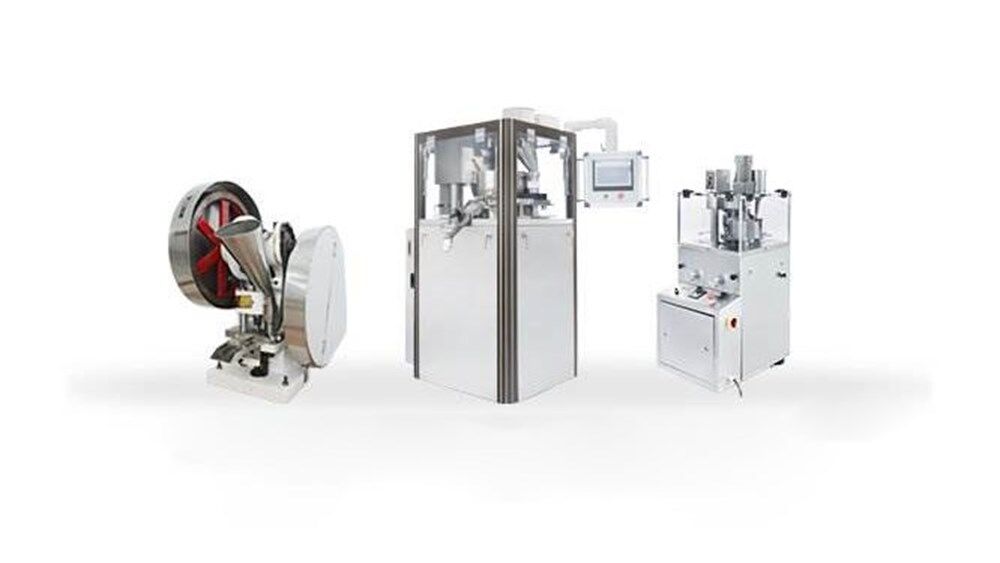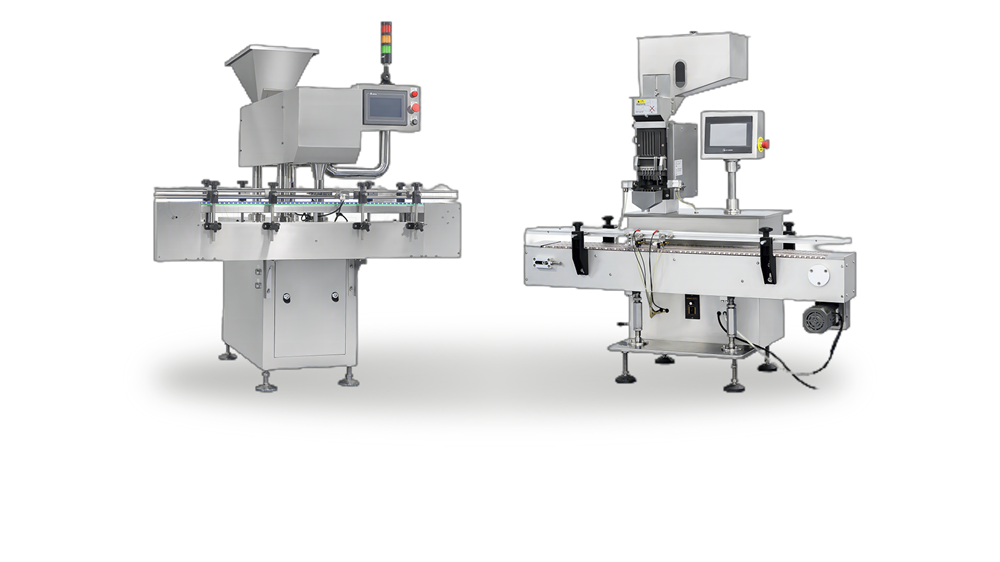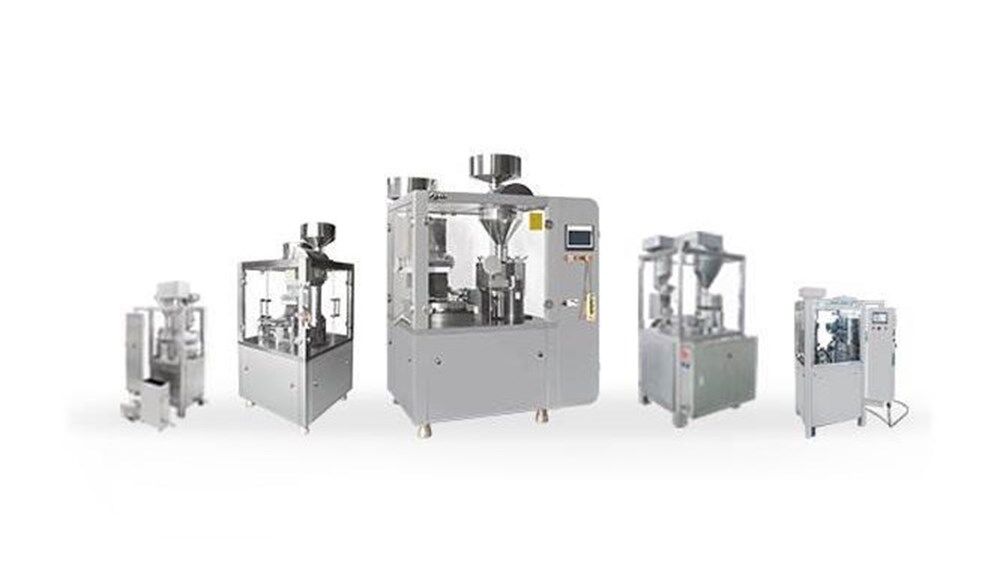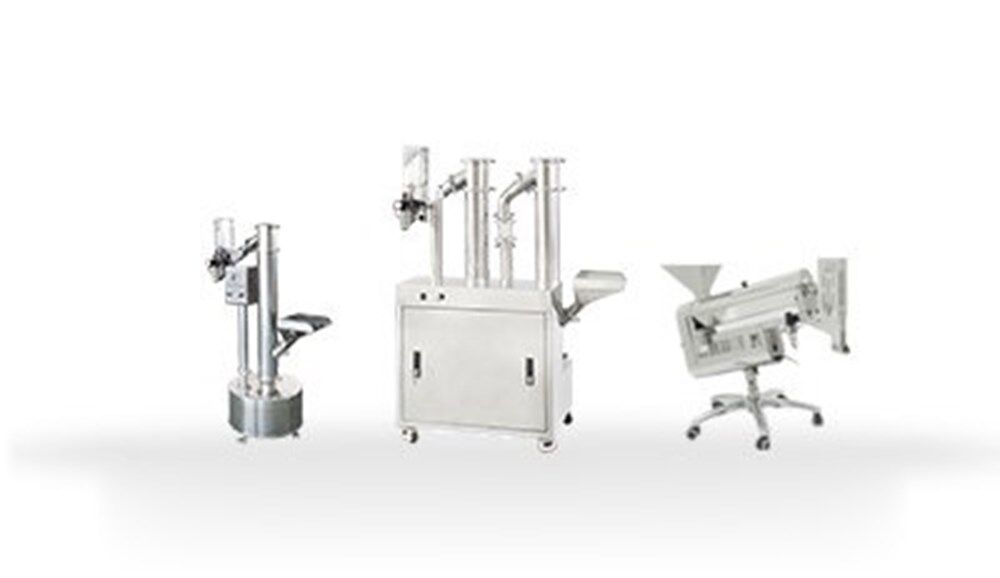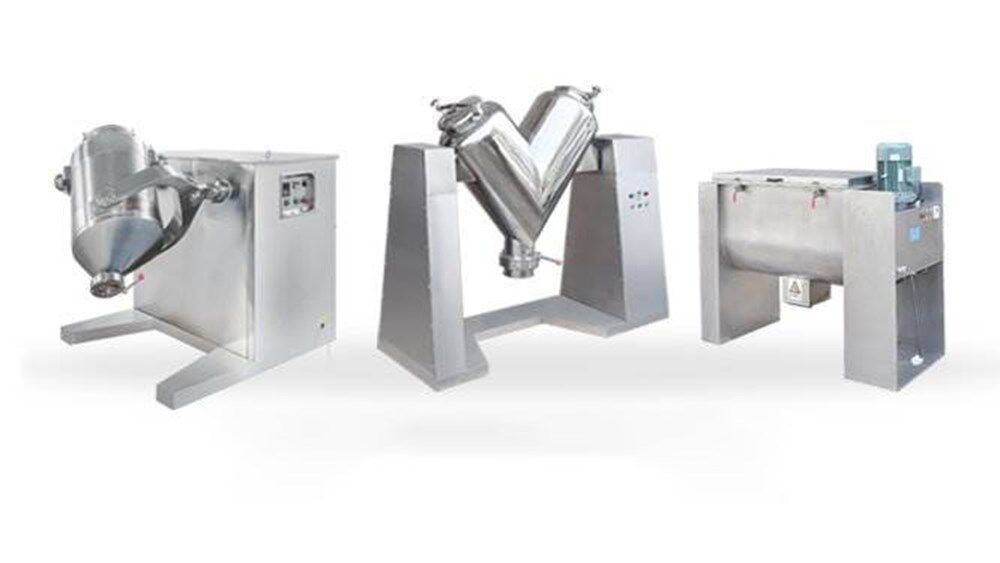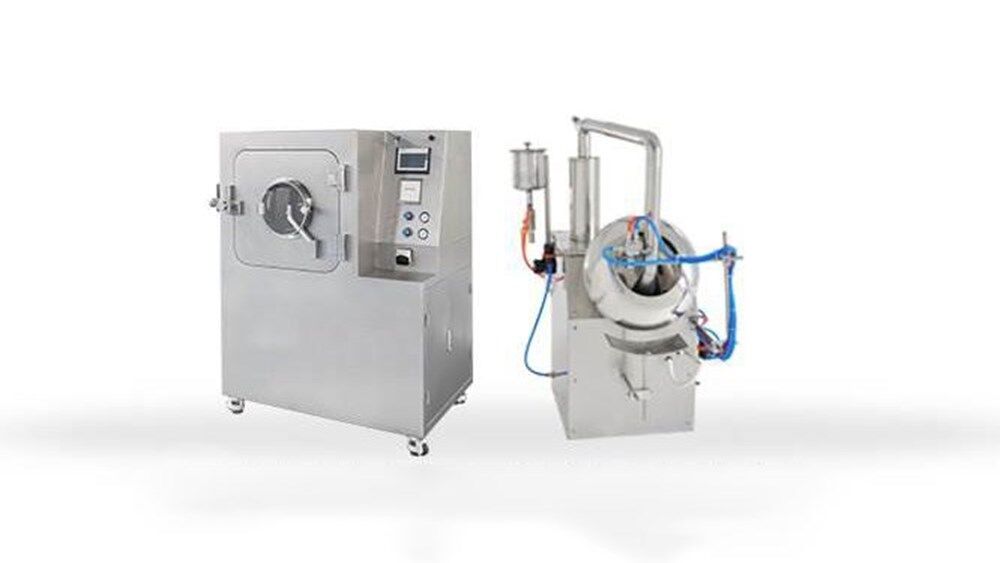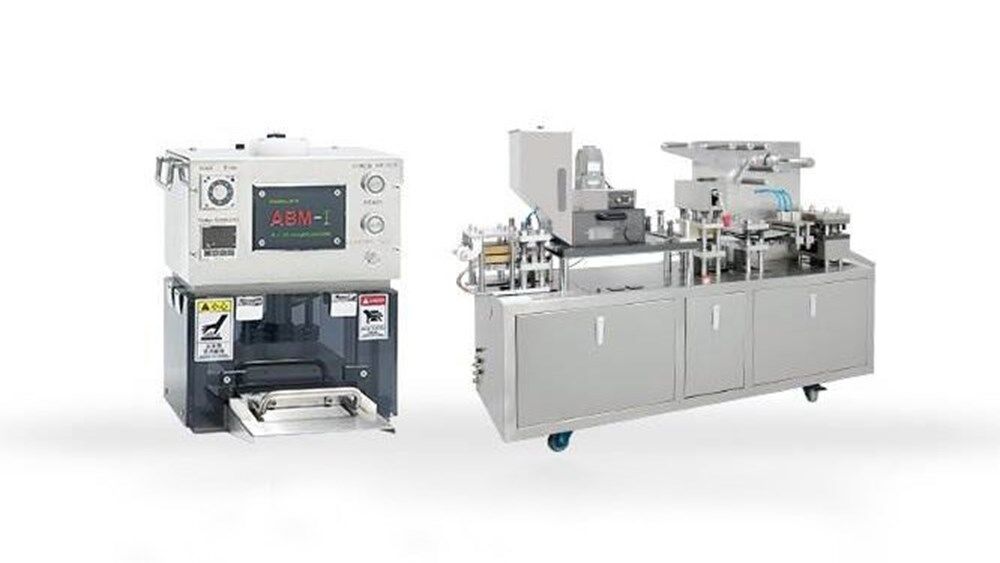Your Complete Guide to Capsule Bottle Size Charts
We've all been there: staring at rows and rows of capsule bottles, wondering if our new drug will fit. But for pharmaceutical companies, choosing the right capsule bottle size is more than just a minor hassle. It's a critical decision that affects everything from storage costs to patient safety.
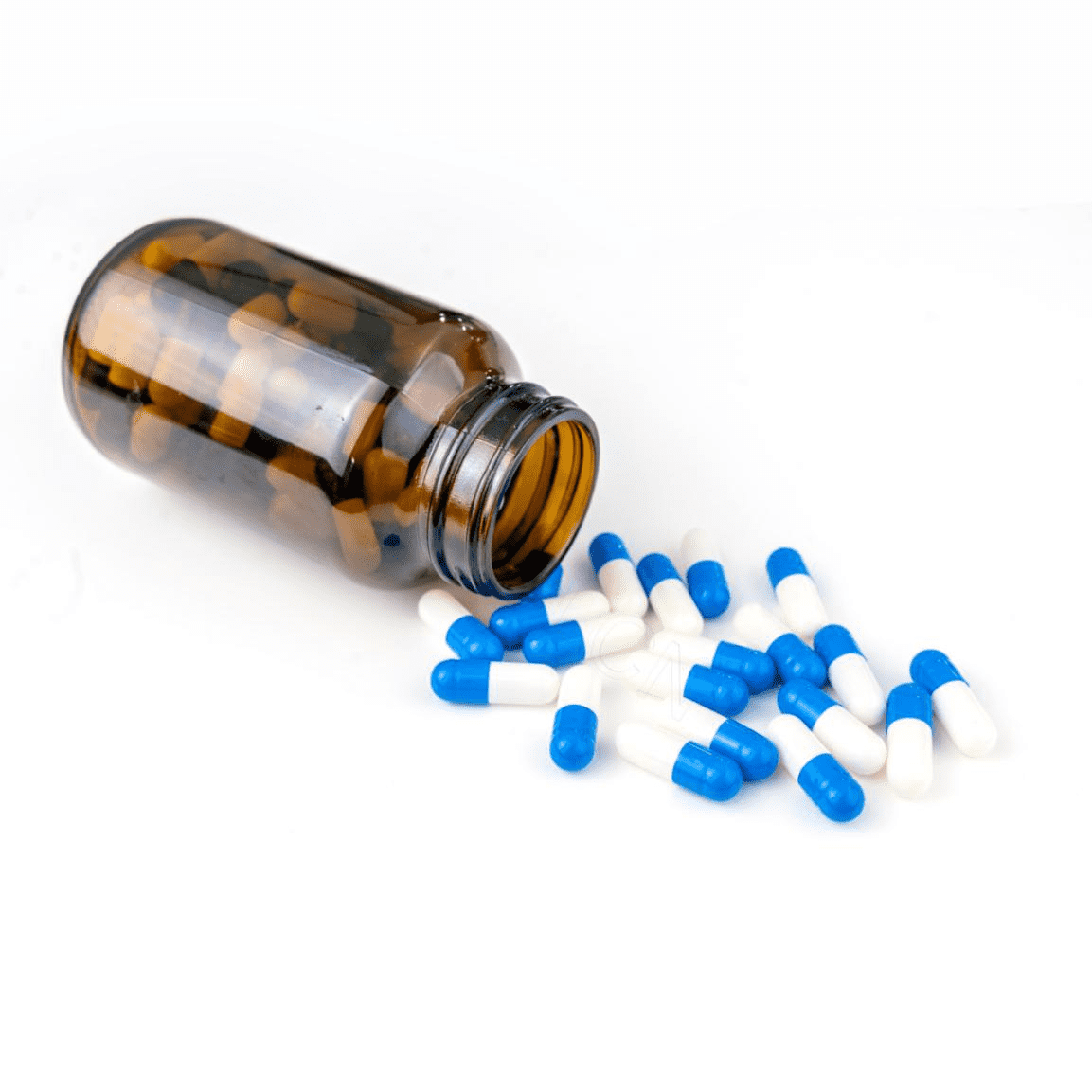
If a capsule bottle is too large, you may waste valuable storage space. On the other hand, too small a capsule bottle, could potentially affect the way patients take their medicine. This article will help you get out of the capsule bottle size maze and make sure you find the perfect partner for your product.
What are the Different Types of Capsule Bottles?
Finding the perfect capsule bottle size for your medication may seem simple, but the wrong choice can have serious impacts. To make a more informed decision, let's start by learning what different types of capsule bottles out there.
1. Desiccant Capsule Bottle
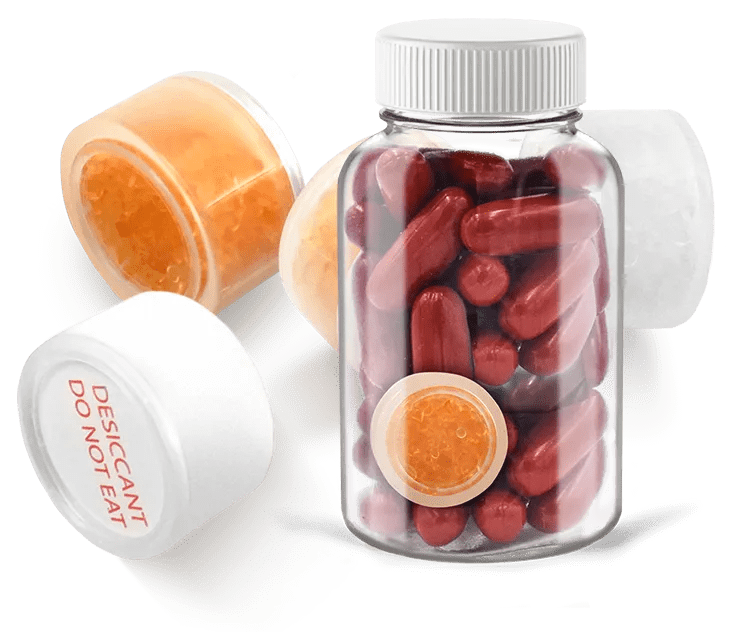
As its name suggests, this capsule bottle has a built-in desiccant chamber, which serves to prevent the capsules from getting damp. The overall shape of this capsule bottle is mainly round or oval. And the desiccant chamber can either be a separate compartment inside the bottle cap, or integrated invisibly into the wall of the bottle. The desiccant capsule bottles are especially suited for moisture-sensitive capsules.
2. Light-Blocking Capsule Bottle
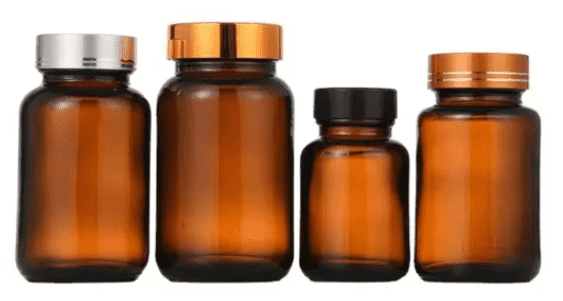
Light-blocking capsule bottles are designed to prevent the capsules from exposure to light. Light can deteriorate certain medications and affect their efficacy. Common light-sensitive medications include vitamins A, C, and E, some antibiotics, and certain enzymes.
Most of these capsule bottles are made of opaque plastic. Amber is a commonly used color because it helps block most harmful light waves. Also, some manufacturers add light-blocking additives to the plastic. Those additives can be spread throughout the plastic or focused in a single layer on the bottle's wall.
3. Dispensing Capsule Bottle
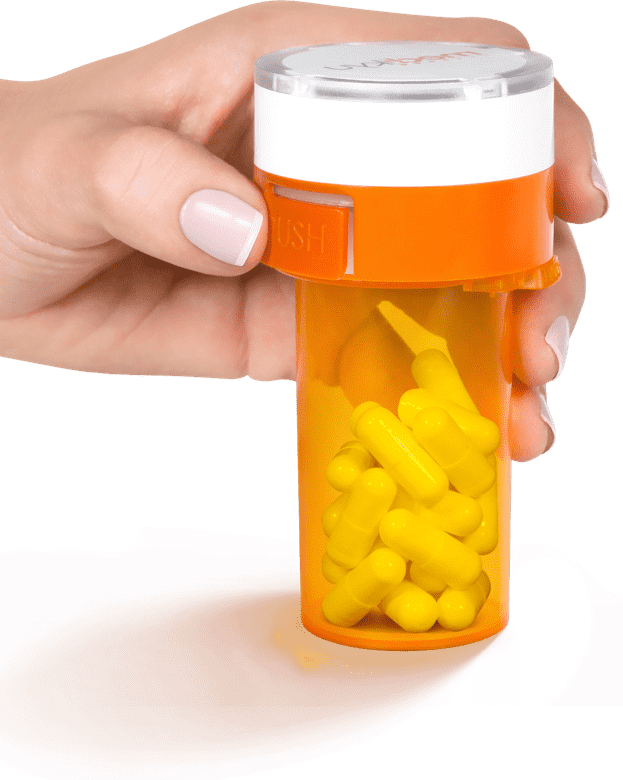
Dispensing capsule bottles are like built-in pill organizers. They have a twist disc, button, or other device on the cap or bottle. These capsule bottles are usually designed to release one capsule at a time. So, it can avoid the risk of overdosing effectively. This type of capsule bottle is also more hygienic because it reduces contact with the remaining capsules.
4. Biodegradable Capsule Bottle
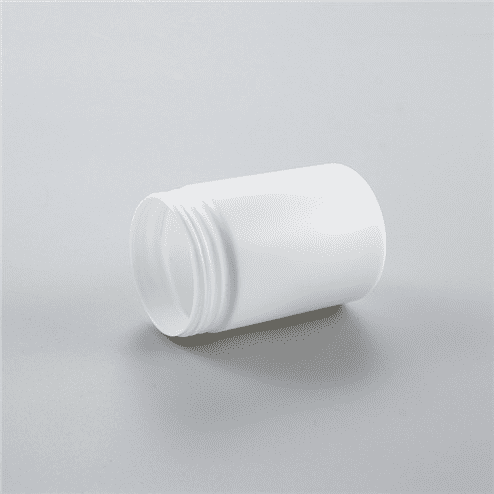
Biodegradable capsule bottles are becoming a sustainable alternative for the pharmaceutical industry. These bottles are made from plants or other environmentally friendly materials that decompose naturally when discarded. This minimizes the impact on the environment.
However, biodegradable capsule bottles may now have limitations in size options and protection abilities compared to traditional ones.
What is a Standard Capsule Bottle Size Chart?
As you can see, there are many different types of capsule bottles on the market, each with a different design and material. So, we cannot produce an accurate size chart for each type of them. However, we do offer the following chart based on standard capsule bottle sizes (000-#3, EL). We hope you find it helpful.
|
Size Designation |
Description |
Standard Diameter (mm) |
Standard Height (mm) |
Standard Circumference (mm) |
Potential Size Variations for Specialized Types |
|
000 (#000) |
Small |
9.91 |
26.14 |
31.15 |
Desiccant chamber might slightly reduce usable internal diameter. |
|
00 (#00) |
Small |
8.53 |
23.3 |
26.93 |
Light-blocking or dispensing mechanisms might limit size options. |
|
0 (#0) |
Small/Medium |
7.65 |
21.7 |
24.08 |
|
|
1 (#1) |
Medium |
6.91 |
19.4 |
21.7 |
|
|
2 (#2) |
Medium/Large |
6.35 |
18 |
19.96 |
Dispensing mechanisms or light-blocking materials might limit size options. |
|
3 (#3) |
Large |
5.82 |
15.9 |
18.23 |
|
|
EL (Extra Large) |
Large |
Varies |
Varies |
Varies |
Not applicable for specialized types due to focus on functionality. |
Why Do We Need Capsule Bottles?
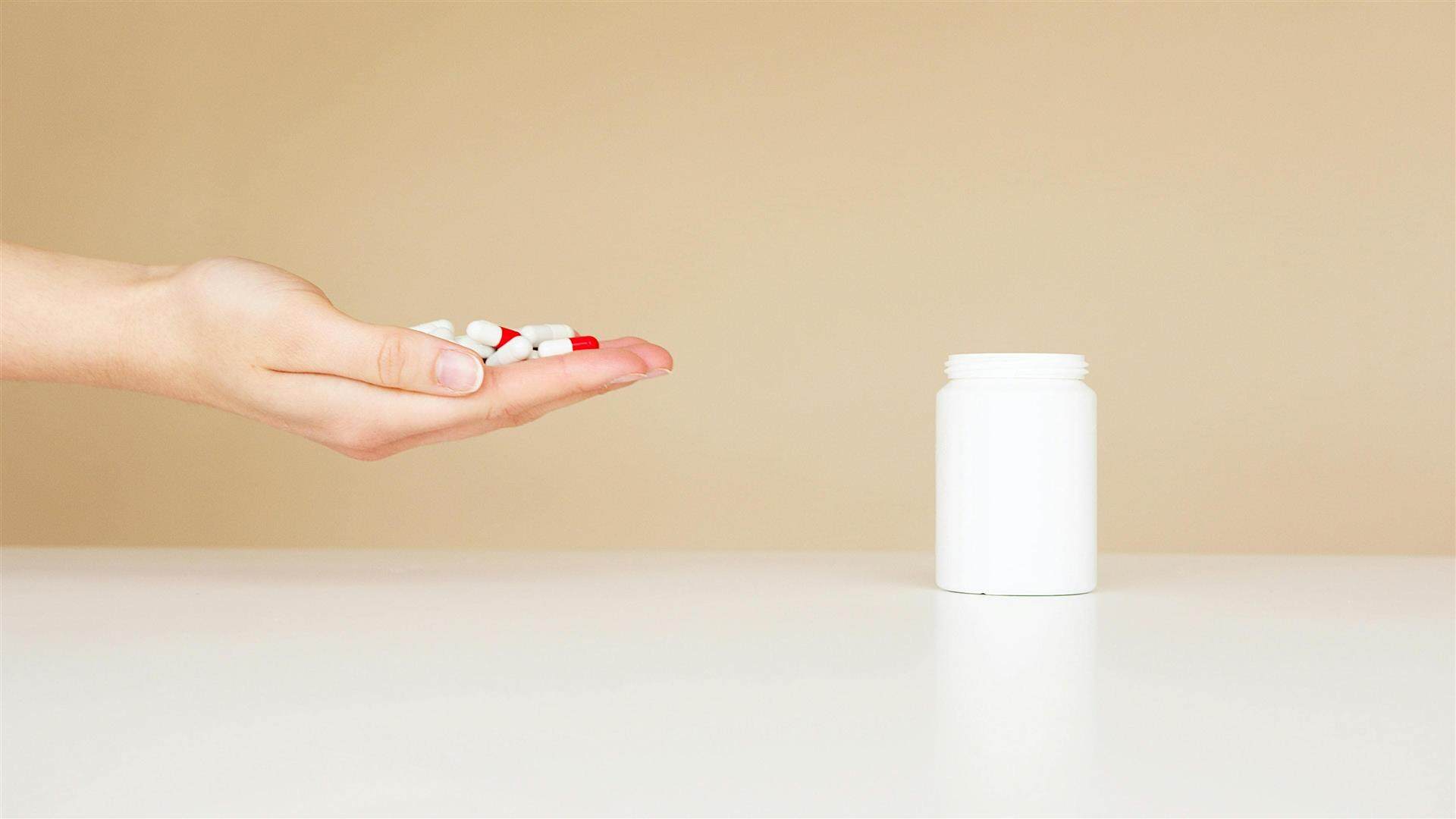
You may only know that capsule bottles have storage functions, but are there more? Now let’s find out what are some other valuable uses for capsule bottles.
- Moisture Protection
Capsule bottles protect capsules from moisture. Moisture can cause degradation and loss of potency of certain drugs. Some capsule bottles even have desiccant chambers to further improve protection against moisture.
- Light Protection
There are some common light-sensitive medications, such as certain vitamins and antibiotics. They usually need to be protected from photo degradation. Blackout capsule bottles can make this happen with opaque materials or anti-light additives.
- Contamination Prevention
Capsule bottles can also act as a barrier. They prevent the capsules from contamination by dust, dirt or other environment factors. This helps to keep the medicines safe and hygienic.
- Dosage Control and Convenience
Capsule bottles don't just keep your medication safe. They also help you take your medication correctly. Capsule bottles make it easy to get the exact dose you need, especially when you are on the go. In addition, some capsule bottles have a built-in dispenser so you don't accidentally overdose.
Capsule bottles keep your medication in one place with a secure closure. This makes it easier to remember to take your medication on time. No more rushing through drawers in the morning looking for your bottle!
How Do I Determine How Many Capsules the Bottle Will Hold?
So after we've learned so much about capsule bottles, have you thought about how many capsules a bottle can hold? Actually, this comes down to two main factors: capsule size and bottle capacity. Let's analyze how these two factors work together to influence the number of capsules a bottle can hold.
Capsule Size:

Capsules come in different sizes, usually indicated by numbers (000, 00, 0, 1, etc.). The higher the number, the larger the capsule. And each capsule size takes up a different amount of space.
Bottle Capacity:
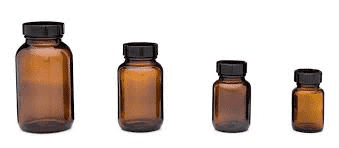
Bottles come in different capacities in milliliters (ml). This indicates the total space in the bottle to hold the capsule.
So what's the relationship between the two?
Well, here's the basic principle: a larger capsule takes up more space, so the number of capsules that can fit in the bottle is less. A bottle with a large capacity can hold more capsules than a bottle with a small capacity.
Maybe you're a little confused. That's okay. Here's a table that clearly shows the number of capsules that might fit in different sized bottles.
|
Bottle Capacity (ml) |
Capsule Size |
Estimated Capsules |
|
100 |
0 |
100 |
|
100 |
0 |
200 |
|
100 |
1 |
277 |
|
250 |
0 |
250 |
|
250 |
0 |
500 |
|
250 |
1 |
694 |
|
500 |
0 |
500 |
|
500 |
0 |
1000 |
|
500 |
1 |
1388 |
How Can I Pick the Perfect Capsule Bottle Size?
Choosing the right bottle for capsules is all about finding your sweet spot between function, looks, and cost. Follow a few simple steps here, and you will surely pick the perfect capsule bottle size.
Step 1: Know Your Capsules
At first, you need to size your capsules. This will determine how much powder or liquid each capsule can hold. You also have to consider the capsule shape. Round capsules are usually easier to bottle than oblong capsules.
Step 2: Think about Bottle Capacity and Looks
Don't go for a bottle that is just the right size to fill the capsule. Be sure to leave some space for filling and handling. You may also want to consider how the bottle size matches your product positioning. Larger bottles may be good for larger doses, while smaller bottles may be good for on-the-go or single-dose products.
Step 3: Consider Your Customers and Costs
Last but not least, who is your target audience? If your capsules are made mainly for the elderly, a bottle with a larger opening may be easier for them to use.
Costs also matter a lot. Larger bottles generally cost more. Also, different bottle sizes might have different storage space and transportation costs. These are factors you need to consider carefully when selecting a capsule bottle size.
Now that you’ve chosen the perfect capsule bottle size, fill them quickly and efficiently with our high-quality capsule filling machines! If you want to learn more about how our machines can help you streamline your production process, please feel free to contact our team.
Leave your comment
Also Offers
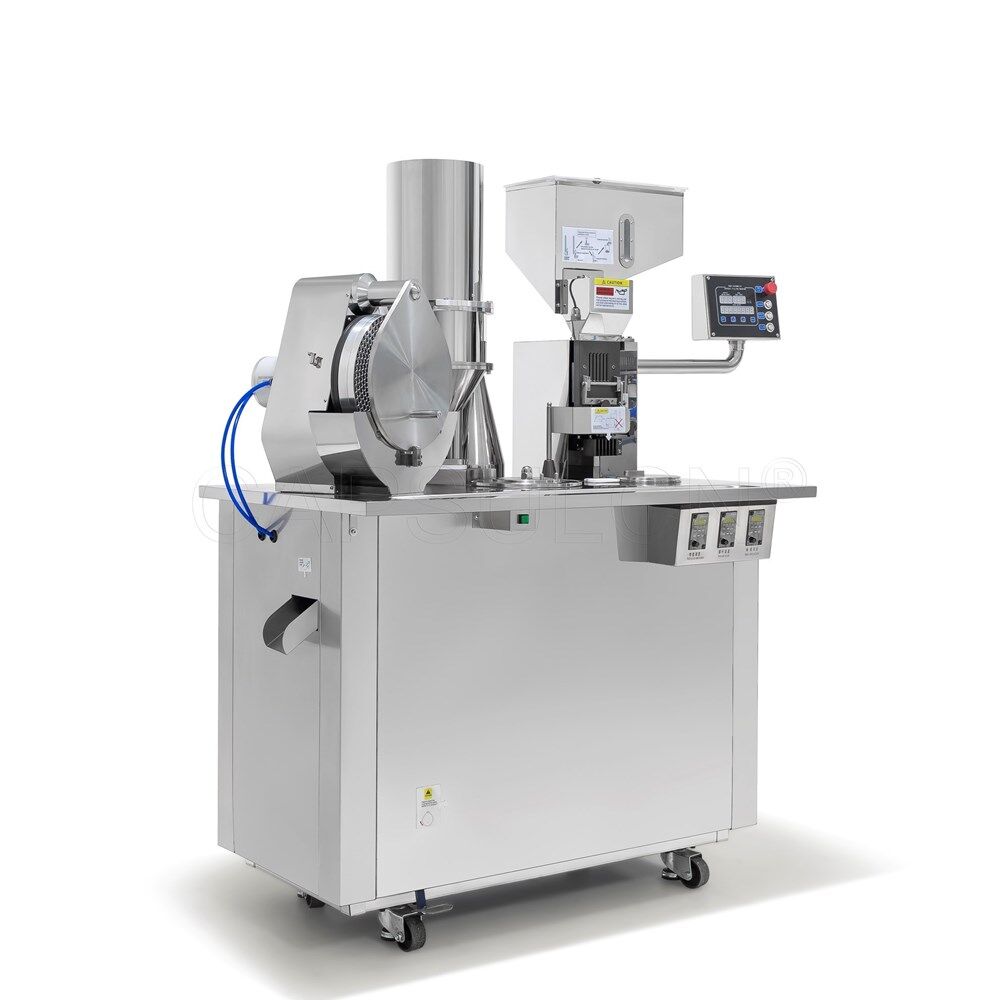
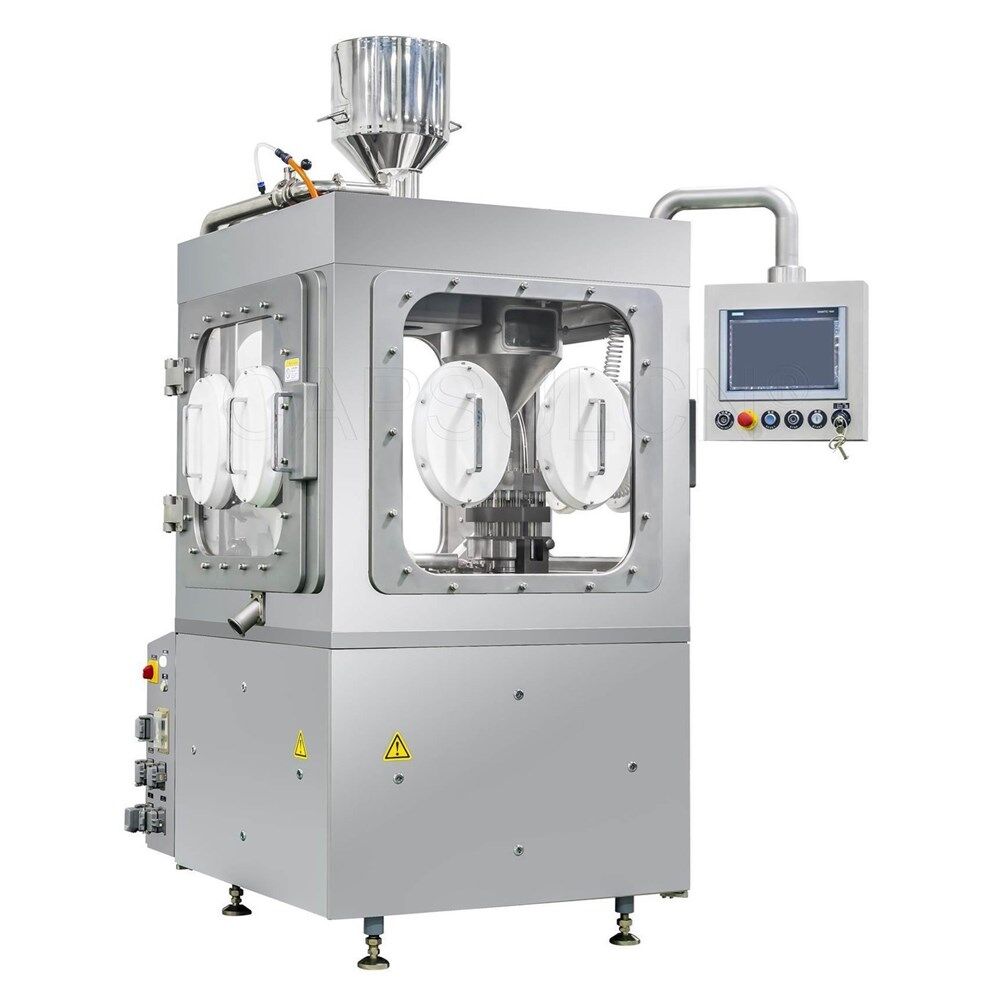
Containment Automatic Capsule Filling Machine SFK-703
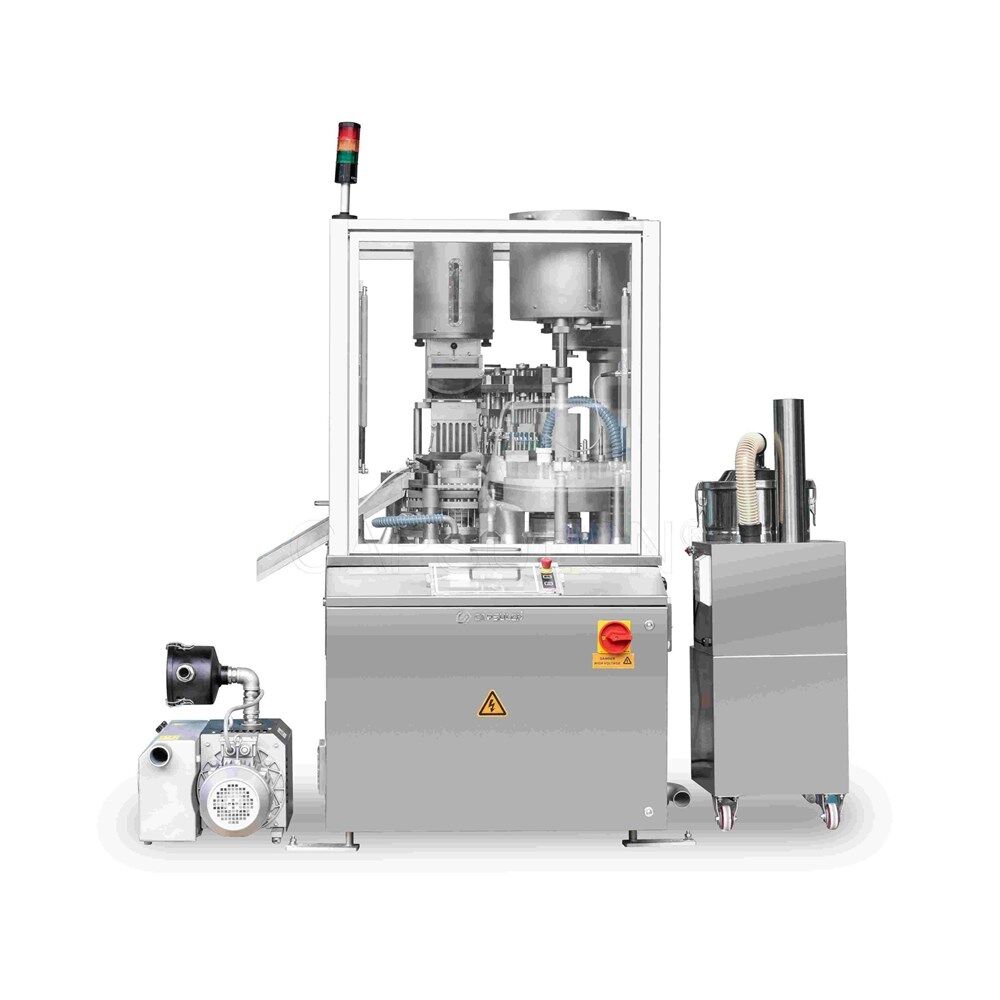
Fully Automatic Dosator Capsule Filling Machine CZ-40

Our Team
As an expert in the pharmaceutical and pharmaceutical packaging industry, iPharMachine has provided solutions for hundreds of pharmaceutical and health product manufacturers for 17 years. By visiting customers, we get good reviews from our customers.
- info@ipharmachine.com
- English Español Deutsche
